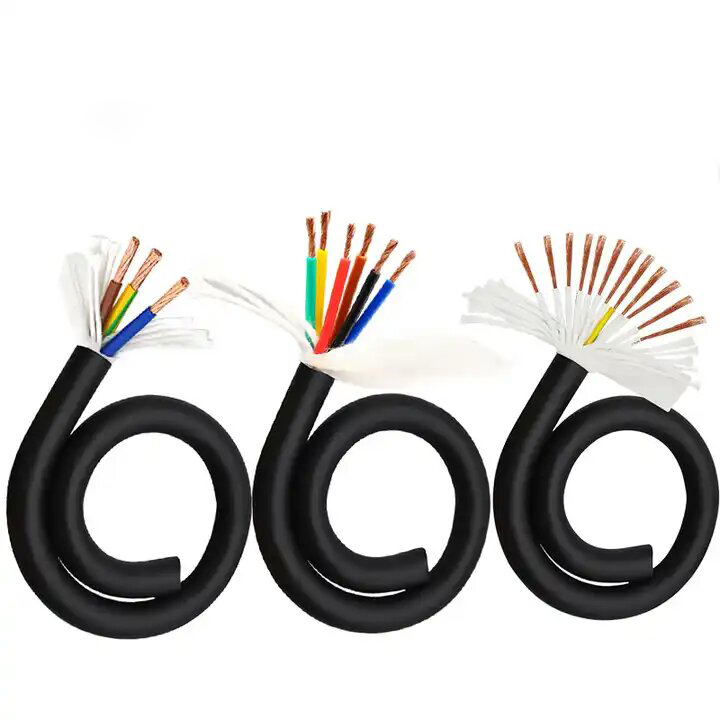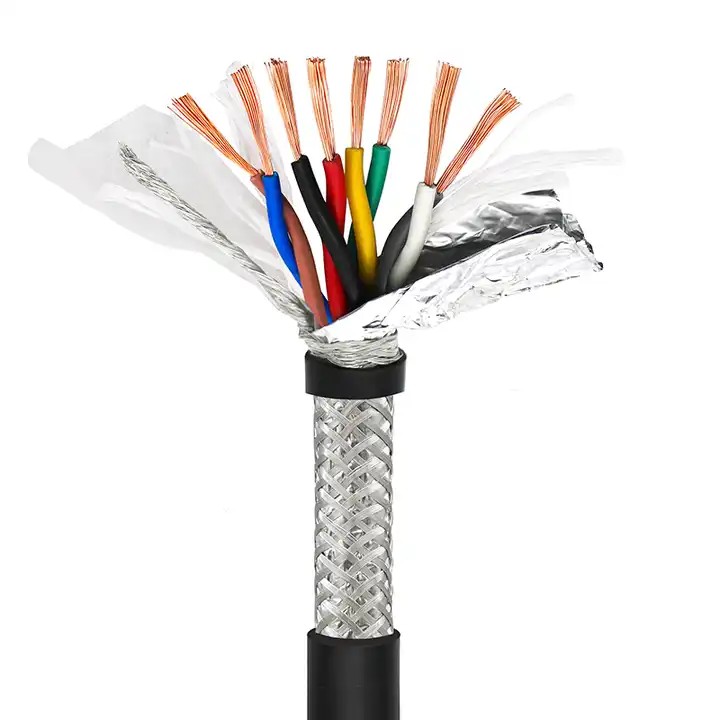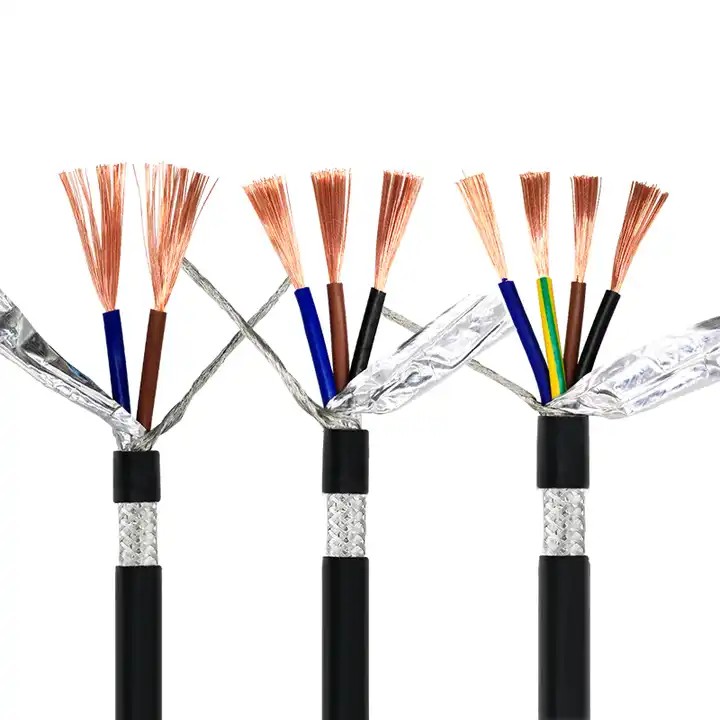What Are the Advantages of Using 35mm Flexible Cables in Industrial Automation?
Published:
2025-10-13 11:29:02
Discover how 35mm flexible cables boost efficiency, reliability, and safety in industrial automation systems.
Industrial automation systems are revolutionizing the manufacturing sector, providing increased efficiency, precision, and reliability. One essential component in these systems is the 35mm flexible cable, which plays a vital role in powering machinery, robotics, and various automation processes.
As factories and manufacturing plants continue to evolve, the demand for high-performance flexible cables for industrial automation has grown significantly. The versatility of 35mm flexible cables makes them an ideal choice for a range of industrial applications, from heavy machinery to high-precision robotic systems.
In this article, we will explore the key advantages of using 35mm flexible cables in industrial automation, highlighting their importance in powering reliable, safe, and efficient systems.
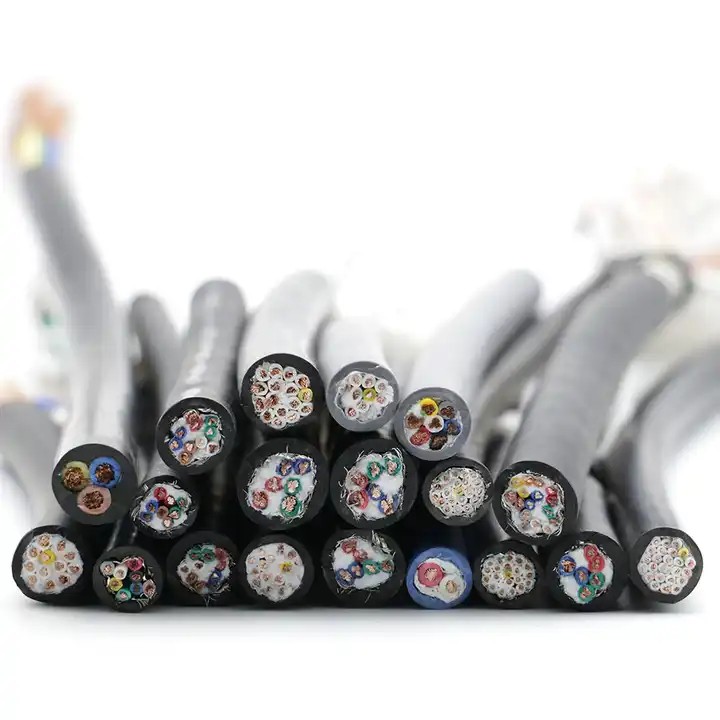
Why Choose 35mm Flexible Cables for Industrial Automation?
The selection of cables for industrial automation is a critical decision for manufacturers and suppliers. 35mm flexible cables stand out due to their high flexibility, durability, and reliable performance in demanding environments. Here’s why they are a preferred choice in automation systems.
1. Flexibility for Dynamic Movements
Industrial robots and machinery in automation systems are designed to perform dynamic movements. Whether the machinery is bending, twisting, or moving across large distances, the cables must remain flexible without suffering wear and tear. 35mm flexible cables are engineered to withstand constant movement and bending, making them an ideal solution for robotic arms, conveyor belts, and other automated systems. Their ability to flex without compromising the integrity of power and signal transmission ensures continuous operations in any environment.
2. Durability in Harsh Environments
Manufacturing and industrial environments are often exposed to extreme conditions, including high temperatures, heavy machinery vibrations, chemicals, and dust. The 35mm flexible cable is built to endure these harsh conditions, offering resistance to abrasion, oils, and other environmental factors. This durability ensures a longer lifespan for cables, reducing the need for replacements and preventing costly downtime caused by cable failures.
The robust design of flexible cables for industrial automation also includes protective coatings that shield the internal conductors from environmental threats, providing enhanced longevity and reliable performance.
3. Reliable Power and Data Transmission
A crucial aspect of automation systems is the consistent and reliable transmission of power and data signals. 35mm flexible cables are designed with high-quality materials that allow for efficient power transfer without signal loss, even in the most demanding industrial settings. These cables support both power and data transmission, enabling seamless communication between automation devices, robotic arms, sensors, and control systems.
This reliable data transfer is essential for maintaining precision, synchronization, and control within the entire automation system, ensuring that operations run smoothly and without interruptions.
4. Space-Saving and Compact Design
In industrial automation, space is often at a premium, and cables must be designed to fit within tight spaces while still providing sufficient power. 35mm flexible cables are designed to be compact yet powerful, saving valuable space in automation systems. Their flexibility allows them to be routed through smaller channels or confined spaces, preventing the cables from obstructing other components or processes.
A space-saving cable design not only optimizes the layout of automation systems but also contributes to the overall efficiency of the manufacturing process.
5. Increased Safety and Reduced Risk of Failure
One of the key concerns in any industrial environment is safety. 35mm flexible cables are designed with safety in mind, offering features that protect both workers and machinery. These cables are built with insulation materials that help prevent electrical shorts, reducing the risk of system failures or electrical hazards.
Additionally, the flexibility of these cables reduces the likelihood of damage caused by bending, twisting, or fraying, ensuring that the cables remain intact and reliable throughout their lifespan. This durability leads to fewer accidents, lower maintenance costs, and an overall safer work environment.
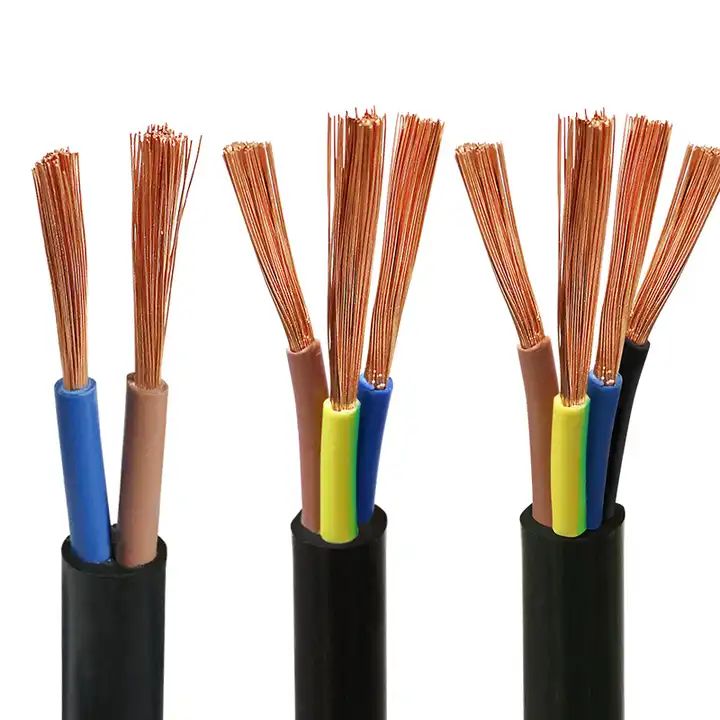
How 35mm Flexible Cables Benefit Manufacturing and Automation Systems
The benefits of 35mm flexible cables extend beyond individual machines to impact entire manufacturing systems. Here are some of the key ways these cables contribute to enhanced automation performance:
1. Improving System Efficiency and Productivity
In automation systems, downtime is costly. By using 35mm flexible cables that withstand constant movement and harsh environments, manufacturers can minimize the risk of cable-related failures. This increased reliability leads to greater system uptime, optimizing productivity.
By reducing the need for frequent cable replacements or repairs, manufacturers can focus more on production and less on troubleshooting cable issues, resulting in overall efficiency improvements in automation operations.
2. Supporting High-Speed Automation
Many industrial applications rely on high-speed, precise movements. 35mm flexible cables support these high-speed applications by ensuring that the power and signal transmission remain stable, even during rapid machine movements. This is particularly important for industries that require precision, such as electronics manufacturing, automotive assembly, and packaging.
These cables allow for synchronized, high-speed operations that contribute to faster production cycles and higher throughput in automated systems.
3. Cost-Effective Long-Term Investment
While 35mm flexible cables may have a higher upfront cost compared to traditional cables, their long-term benefits make them a cost-effective investment. Their durability and resistance to wear and tear mean that companies will spend less on replacements and maintenance over time. Additionally, the reliability of these cables contributes to improved system performance, leading to fewer disruptions and reduced operational costs.
Conclusion:
35mm flexible cables are a cornerstone in industrial automation, providing the flexibility, durability, and reliability needed for high-performance systems. These cables not only enhance the efficiency of automation systems but also ensure safety, reduce downtime, and support high-speed operations. By investing in the right flexible cables for industrial automation, manufacturers can optimize productivity and ensure the long-term success of their operations.
For industries looking to streamline their manufacturing processes, reduce costs, and enhance system reliability, 35mm flexible cables are an essential solution to consider.
FAQs
Q1: How long do 35mm flexible cables last in industrial applications?
The lifespan of 35mm flexible cables varies depending on usage and environmental conditions, but with proper maintenance, they can last for several years without significant degradation.
Q2: Can 35mm flexible cables handle high-voltage applications?
Yes, 35mm flexible cables are available in various configurations to handle high-voltage applications, provided the specifications match your system's requirements.
Q3: Are 35mm flexible cables suitable for all types of automated machinery?
35mm flexible cables are versatile and can be used in a wide range of automated machinery, including robotic arms, conveyors, and heavy-duty machines, as long as they meet the power and flexibility requirements of your system.



